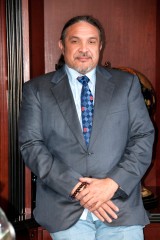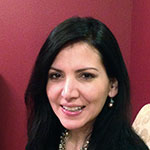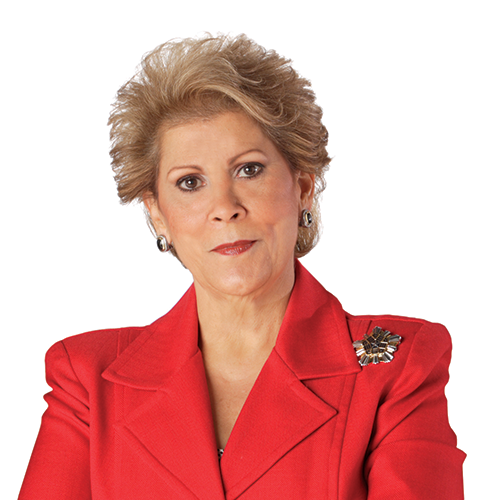 I came to the United States from Cuba at age 10, and by the time I was 18, I was running a gas station in New Jersey. I was always looking for new products and services that would add value and drive profits to what we were doing (we had the first Subway restaurant; we added Goodyear tires; we installed ATMs).
I came to the United States from Cuba at age 10, and by the time I was 18, I was running a gas station in New Jersey. I was always looking for new products and services that would add value and drive profits to what we were doing (we had the first Subway restaurant; we added Goodyear tires; we installed ATMs).
At age 25, I moved to Miami and bought a gas station there. That’s when I met a representative from AT&T who asked if I wanted to sell cell phone minutes on phone cards. That was 25 years ago, and rates were $1 per minute. I started selling $20 cards. We were selling $200 worth of minutes at each station daily, which quickly grew to $1,000. It was much better than pumping gas, and I had to reorder products often. I started wholesaling the products, and then we started selling other types of calling cards. Five years later, we were growing exponentially, and at the same time, the wireless industry started coming up, so we began selling wireless phones and cards. That’s when everything changed.

We created an electronic system for selling prepaid, so there would be no live inventory needed at the physical store. We created the first system of that kind in 1995. It caught on fast because we were providing a unique service that was filling a demand. We soon realized that if we had a terminal for prepaid, we could do both prepaid and credit card processing in one unit. We hired engineers, programmers, and marketers, and we wrote all our proprietary software. This, of course, enabled us to grow much faster. The key to carrying it out successfully was having everyone in the same building. Now the work environment is still collaborative. We all have lunch in the same room, we chitchat, we know each other. We’re not a global company with 15 approvals and layers of red tape. We are able to get things done in weeks that take other companies years.
Over the past 19 years, we’ve built Blackstone into nine privately held companies with complete prepaid and financial products, services, and solutions. We have point-of-sale (POS) units, countertop touch screens, and kiosks. To prepaid calling cards and wireless solutions, we have added bill pay and merchant services and the best, fastest technology available.
We’ve come into an era where people are finally starting to believe that their cell phones can also function as their wallets. We saw that vision 10 years go. For the last five years, we’ve been waiting for the technology to catch up, and now we have a fully operational gateway that is processing transactions with Visa, Master Card, Discover and American Express. We are launching more products to secure and accelerate the use of the phone as a wallet. We deal with more than 100 telecom carriers and wireless companies in the world, and all of our services are being updated so that they can handle prepaid and merchant services simultaneously.
We’ve been able to accomplish all of this because we identified the need for prepaid products in this country well before others did. At the start of my career, owning a gas station put me on a trajectory. I was in the trenches, talking to the consumer and realizing what the real demand was like. It took us a long time to convince our partners. We have some convincing to do still. DirecTV has prepay in other countries, but they won’t even talk about doing it here. As these rules and habits continue to change, this will be a big driver for our growth. We have all the networks and systems in place to deliver hundreds of thousands of dollars that companies are missing out on by not accepting prepayment with a pin number. We can bring this to electrical companies, cable companies, and countless other providers. From my perspective, there is a tendency here to do things the American way and forget that this country is made up of people from other places with other perspectives. There are different ways to do things, and sometimes it’s good to try an unusual method. It just might work.

